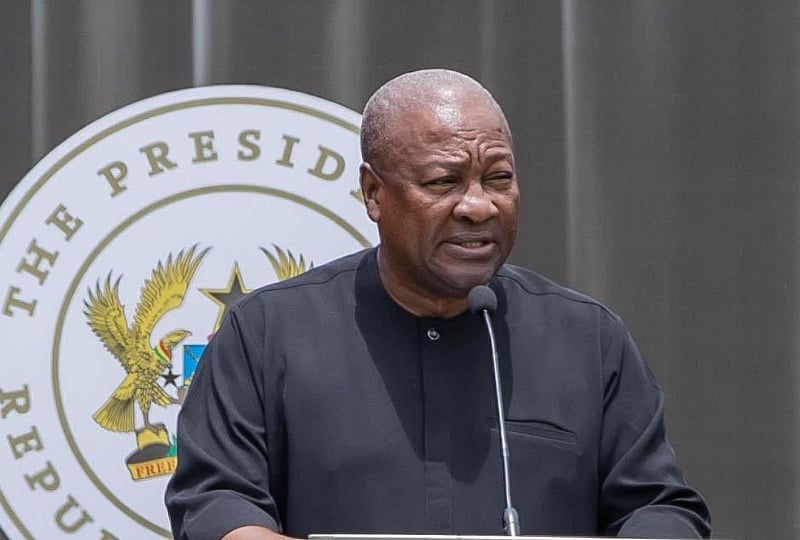The arrest and subsequent remand of Kwame Baffoe, also known as Abronye, the Bono Regional Chairman of the New Patriotic Party (NPP), has sparked criticism and raised concerns about the fairness and efficacy of Ghana’s judicial system. Former Member of Parliament for Dormaa East, Paul Twum-Barimah, has vehemently condemned the continued detention of Abronye, arguing that it undermines the principles of justice and contributes to unnecessary political tension. Abronye was initially arrested on charges of offensive conduct conducive to breaching the peace and has been remanded twice, the latest being a two-week remand. Twum-Barimah contends that this action reflects a troubling trend of using the legal system to target political opponents.
The core of Twum-Barimah’s argument rests on the perceived disproportionate response by the authorities. He questions the logic of deploying significant resources to detain Abronye for a relatively minor offense while more pressing security concerns, such as the violent conflicts in Bawku, Bole, and Gbinyiri in northern Ghana, remain unresolved. He draws a stark contrast between the perceived heavy-handed approach in Abronye’s case and the lack of decisive action in addressing the escalating violence and loss of life in these northern regions. This disparity, he argues, highlights a misplaced focus on political maneuvering rather than genuine concern for public safety and national security. He uses the analogy of using a “bulldozer to kill a housefly” to emphasize the perceived overreaction in Abronye’s case while more critical issues demand attention.
Furthermore, Twum-Barimah raises concerns about the potential erosion of due process and the right to bail. He points to the Supreme Court’s ruling in the case of Martin Kpebu v Attorney-General, which affirmed that all offenses under Ghanaian law are bailable, including misdemeanors. He argues that Abronye’s continued detention, despite being charged with a misdemeanor, contradicts this established legal principle. He views this as a concerning precedent that could undermine the fundamental rights of individuals and erode public trust in the impartiality of the judicial system. The repeated denial of bail for a relatively minor offense, in his view, raises questions about the motivation behind the prosecution and the potential influence of political factors in judicial decisions.
Twum-Barimah’s criticism extends to the broader implications of using the legal system to target political opponents. He argues that such actions not only undermine the integrity of the judicial process but also contribute to a climate of fear and intimidation, hindering open political discourse and participation. He warns that this trend could further polarize the political landscape and exacerbate existing tensions, potentially leading to instability and conflict. He calls for a reassessment of these “intimidation tactics” and emphasizes the need for a more equitable and transparent application of the law, regardless of political affiliation.
The case of Abronye, according to Twum-Barimah, exemplifies a broader pattern of selective application of justice, where political considerations appear to influence legal proceedings. He contends that this practice not only undermines the rule of law but also erodes public confidence in the judiciary and the government’s commitment to fairness and impartiality. He emphasizes that the justice system should be a neutral arbiter of disputes, not a tool for political persecution, and that upholding the principles of due process and equal application of the law is essential for maintaining a stable and democratic society.
In conclusion, Twum-Barimah’s critique highlights the potential dangers of politicizing the judicial process. He argues that the continued detention of Abronye for a misdemeanor, while more serious security concerns are neglected, raises serious questions about the fairness and objectivity of the legal system. He calls for a greater focus on addressing the root causes of violence and conflict in the country, rather than using the legal system to target political opponents. He emphasizes the importance of upholding the principles of due process, the right to bail, and the equal application of the law to all citizens, regardless of political affiliation, as essential for preserving the integrity of the judicial system and ensuring a just and equitable society.


